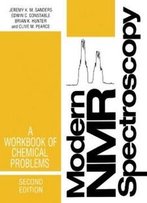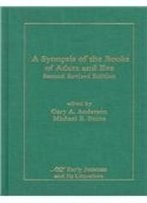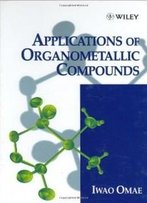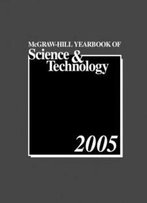
Key Concepts In Environmental Chemistry
by Grady Hanrahan I /
2011 / English / PDF
8.2 MB Download
Key Concepts in Environmental Chemistry provides a modern and concise introduction to environmental chemistry principles and the dynamic nature of environmental systems. It offers an intense, one-semester examination of selected concepts encountered in this field of study and provides integrated tools in explaining complex chemical problems of environmental importance. Principles typically covered in more comprehensive textbooks are well integrated into general chapter topics and application areas. The goal of this textbook is to provide students with a valuable resource for learning the basic concepts of environmental chemistry from an easy to follow, condensed, application and inquiry-based perspective. Additional statistical, sampling, modeling and data analysis concepts and exercises will be introduced for greater understanding of the underlying processes of complex environmental systems and fundamental chemical principles. Each chapter will have problem-oriented exercises (with examples throughout the body of the chapter) that stress the important concepts covered and research applications/case studies from experts in the field. Research applications will be directly tied to theoretical concepts covered in the chapter. Overall, this text provides a condensed and integrated tool for student learning and covers key concepts in the rapidly developing field of environmental chemistry.
Key Concepts in Environmental Chemistry provides a modern and concise introduction to environmental chemistry principles and the dynamic nature of environmental systems. It offers an intense, one-semester examination of selected concepts encountered in this field of study and provides integrated tools in explaining complex chemical problems of environmental importance. Principles typically covered in more comprehensive textbooks are well integrated into general chapter topics and application areas. The goal of this textbook is to provide students with a valuable resource for learning the basic concepts of environmental chemistry from an easy to follow, condensed, application and inquiry-based perspective. Additional statistical, sampling, modeling and data analysis concepts and exercises will be introduced for greater understanding of the underlying processes of complex environmental systems and fundamental chemical principles. Each chapter will have problem-oriented exercises (with examples throughout the body of the chapter) that stress the important concepts covered and research applications/case studies from experts in the field. Research applications will be directly tied to theoretical concepts covered in the chapter. Overall, this text provides a condensed and integrated tool for student learning and covers key concepts in the rapidly developing field of environmental chemistry.Intense, one-semester approach to learning
Intense, one-semester approach to learningApplication-based approach to learning theoretical concepts
Application-based approach to learning theoretical conceptsIn depth analysis of field-based and in situ analytical techniques
In depth analysis of field-based and in situ analytical techniquesIntroduction to environmental modeling
Introduction to environmental modeling










